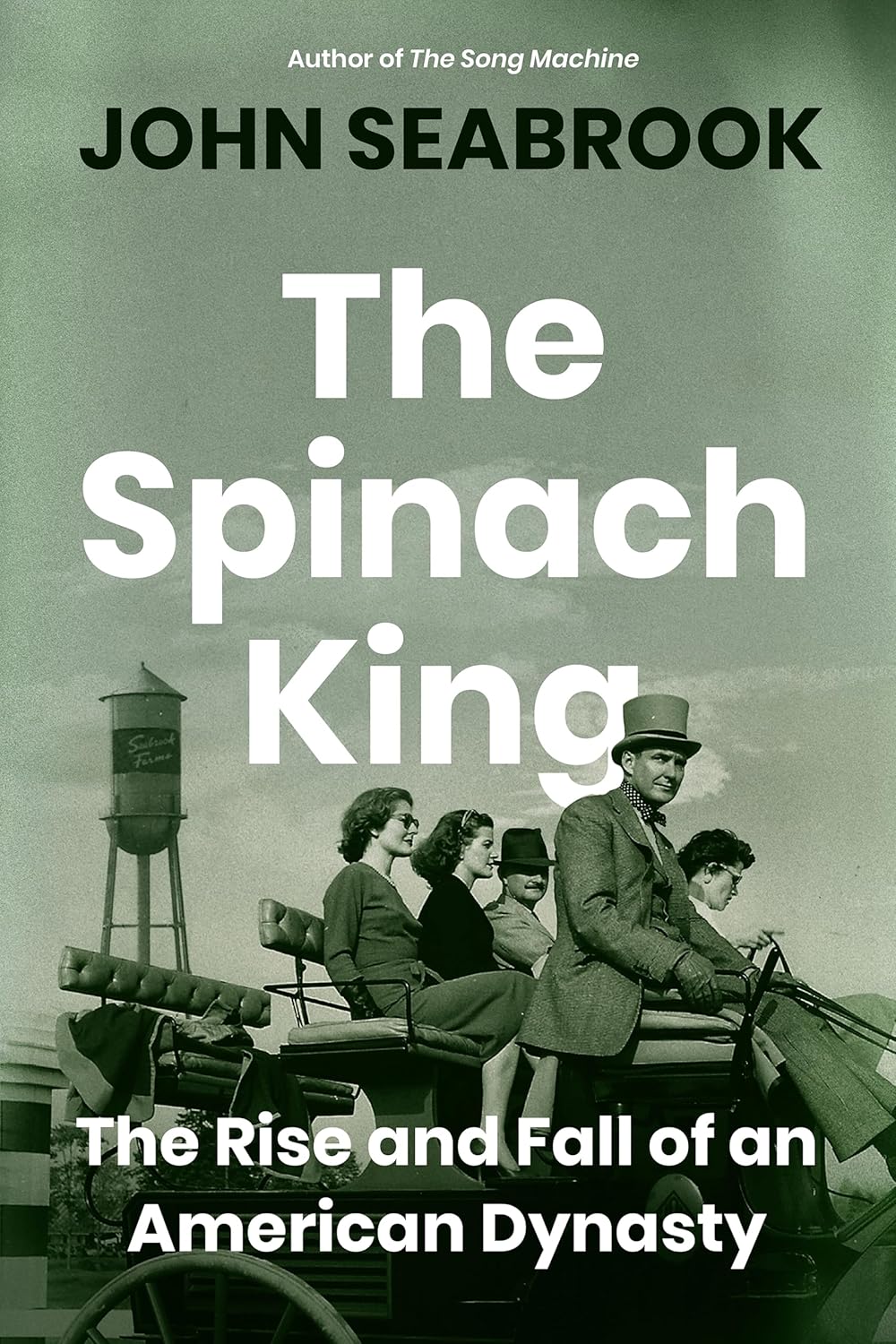“FOOD WILL WIN THE WAR,” a 1917 poster proclaimed. Painted by Charles E. Chambers and distributed by the United States Food Administration, it bore a further message that was directed at immigrants: “You came here seeking Freedom. You must how help to preserve it. Wheat is needed for the allies. Waste nothing.”
Following Pearl Harbor, the United States government pulled the poster’s slogan out of the propaganda archive and redeployed it, but its new messaging gave it a new emphasis: abundance. Food production, Seabrook notes, was “an act of patriotism.”
C.F. Seabrook embraced the opportunity to join his business to the national duty: “Beginning in 1942, the quartermaster general—the military’s grocer—asked the nation’s food producers for a 525 percent increase in production during the war years. For three or four years running, Seabrook Farms sold the government its entire year’s production in advance, plus that of some five hundred local farmers the company contracted with.” Americans at home were advised to purchase frozen, not canned, vegetables—more metal could then be saved for the war effort—and Seabrook Farms were experts at quick-freezing, then a new technology. They quickly scaled up their operations.
Such an undertaking required lots of workers. At first, Jack Seabrook looked to black day laborers in Philadelphia to meet the family company’s staffing needs, but he worried that the violent events of the preceding decade “might have left some lingering ill will in the community.”
He turned to the Quaker community in Philadelphia. Although he’d come intending to find local sources of labor, the Quakers—who had railed against Executive Order 9066, the vehicle of FDR’s internment policy—told Jack there were “large numbers of Japanese American workers from the camps out West, who would soon be available.” Two members of the American Friends Service Committee, a Quaker organization, were working full time to help the government relocate and resettle Japanese Americans who were being released on a provisional basis after attesting to, documenting, and otherwise proving their patriotic loyalty. Seabrook Farms sent recruiters to the camps with a message for the imprisoned families who would soon be released from their formal incarceration: “the Seabrooks personally promised every man and woman a job at the going wage, a house with heat and utilities, and decent schools for their children.”
